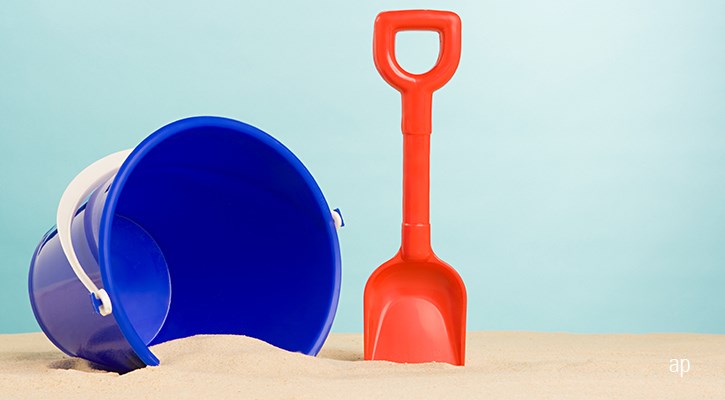
Coronavirus has changed many aspects of our lives, including where we go on holiday. Travel restrictions to popular destinations like Spain and France mean more of us are taking holidays at home this summer, and perhaps for the foreseeable future.
Whether this is a short-term trend or one that’s here to stay, certain companies are likely to benefit from UK’s travellers’ smaller radius. Tougher economic conditions could also mean people will prefer thriftier options like camping or budget hotels.
We have recently looked at the contrarian case for travel stocks, as some managers back airlines to rebound strongly if international travel picks up again, particularly if a viable vaccine becomes available. In the meantime, we look at three stocks that could benefit from the staycation boom.
JD Sports (JD.)
The last time many Brits bought a tent they probably visited a local high street outlet such as Millets and then struggled to put it up in the wind and rain. Much has changed since then and many popular outdoor brands such as Blacks Leisure, GO Outdoors, and Millets are now owned by one company, athleisure giant JD Sports Fashion (JD.).
Retail lockdown hit the company’s shares hard in March but they have since bounced back and investors who’ve held the shares for 10 years have enjoyed an incredible 3,400% increase in the price. Latest annual results, for the financial year to end of February, revealed a £430 million net cash position and an increase in profits and sales.
John Moore, senior investment manager at Brewin Dolphin, says the company went into the crisis in great shape. “JD’s success has been built on a strong connection to the customer and good customer experience across a blend of online with bricks and mortar retail – the role the latter plays is likely to change significantly,” he adds.
Whitbread (WTB)
A first-quarter update from Premier Inn-owner Whitbread covered the period when lockdown started and sales were nearly 80% lower than in 2019. That's is probably to be expected when hotels were closed to all but key workers. Results from rival Intercontinental Hotels Group (IHG), which owns Holiday Inn and Crowne Plaza, also showed the difficulties faced by the sector, with profits down more than 80%.
In its most recent update, Whitbread said it is still too early to make forecasts for the full year – after all, hotels only re-opened on July 4 after lockdown measures eased. While London remains weak, however, demand in tourist spots away from big cities is picking up. That could be good news for the Premier Inn brand, which has around 800 locations across the UK.
The company underwent a rights issue in June, which Emilie Stevens, equity analyst at Hargreaves Lansdown, says could help the company weather this difficult year. “With the foreign holiday market still rebooting, it looks like UK staycations could be the main holiday choice this summer, which is good news for Whitbread’s regional locations,” she says.
Rank Group (RNK)
Summer is slowly drawing to a close but casinos, bowling alleys and theatres have only just been given the green light to re-open after a five-month hiatus. Rank Group has a long history in the film industry but now operates Mecca bingo halls and Grosvenor casinos, as well as online gambling sites. That online presence means that Rank, in a recent update, said it still expects to make a profit this financial year, even if venues remained closed until the summer.
The company may not cut it with ESG-focused investors (gambling is frequently ruled out by ESG funds) but there is an argument that well-heeled customers used to holidaying abroad may be staying in the UK this year and fancy a quick hand of blackjack. Social distancing may also be easier to execute in a large casino than a crowded pub, for example.
Fund managers we have spoken to this year, especially those running consumer stock funds, believe that “pent-up demand” will help some companies benefit as people suddenly miss what they haven’t been able to do for much of this year.
Ido Cohen, co-manager of the Invesco Global Consumer Trends Fund, says experiences still have a place: “While store-based retail has a natural digital substitute in e-commerce, many consumer-focused experiences are unique and will continue to drive physical excursions in the future. For example, it is unique to eat in the ambience of a restaurant, gamble in a casino, go to a concert or a movie theatre, experience a museum, or travel to see unique cultures and sites.”





























